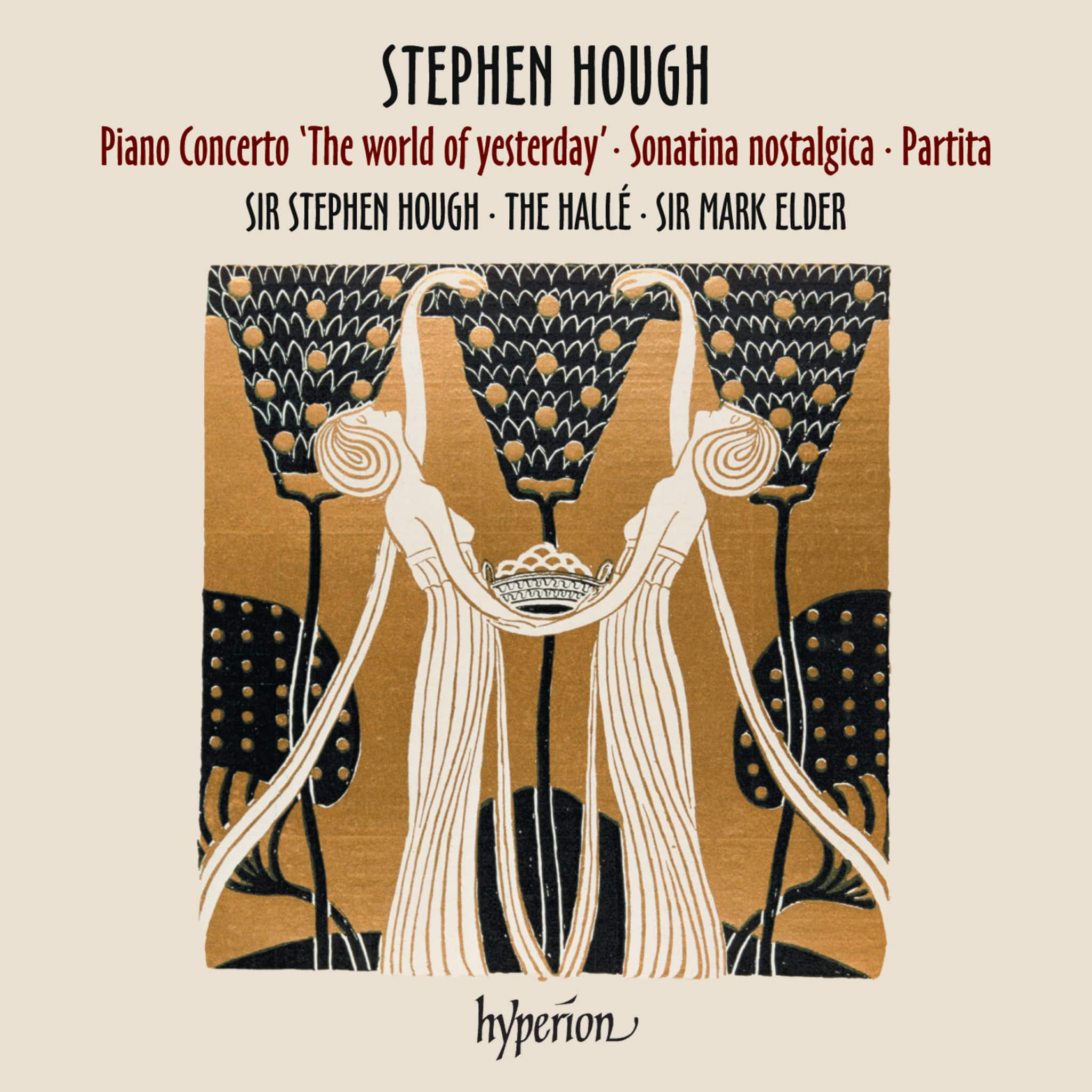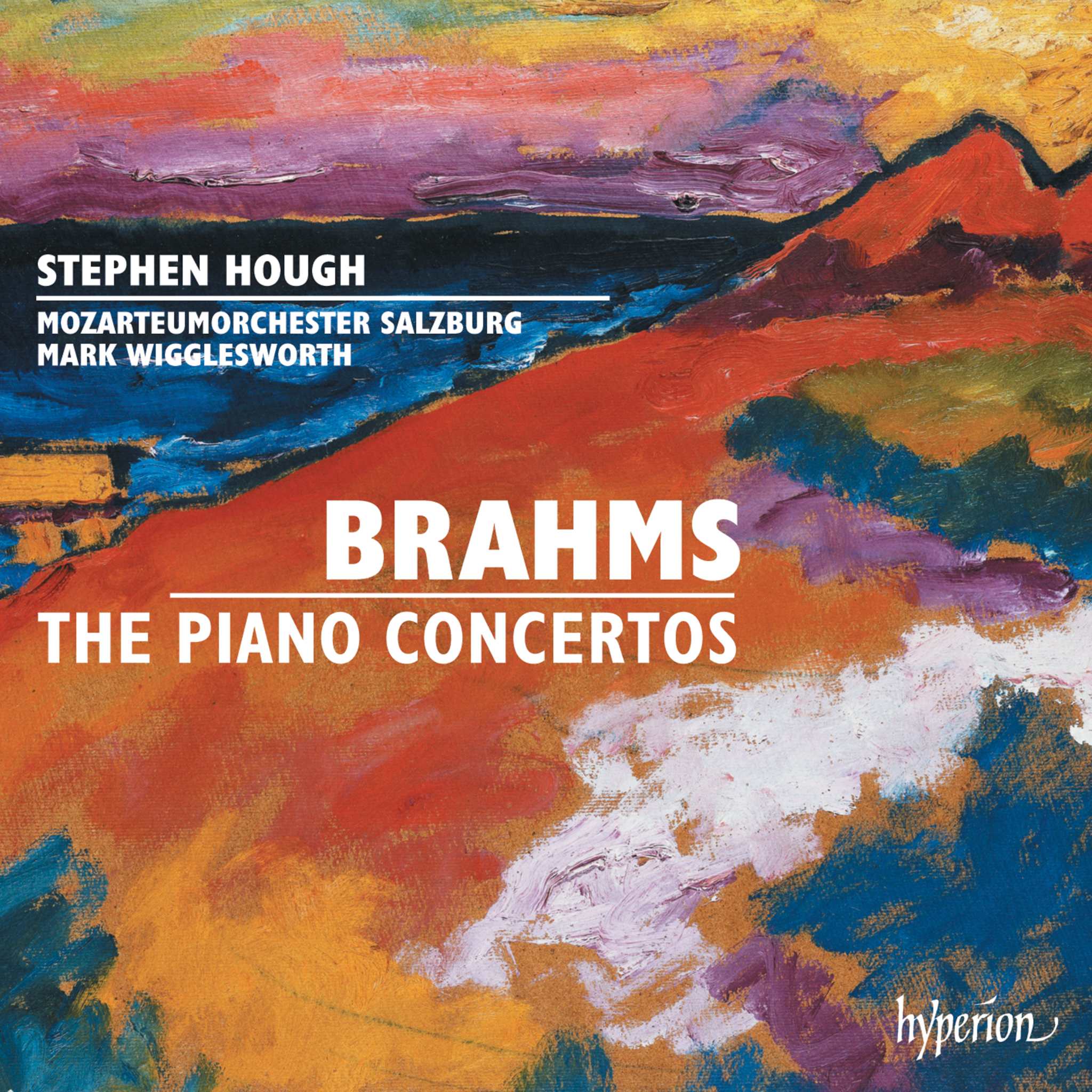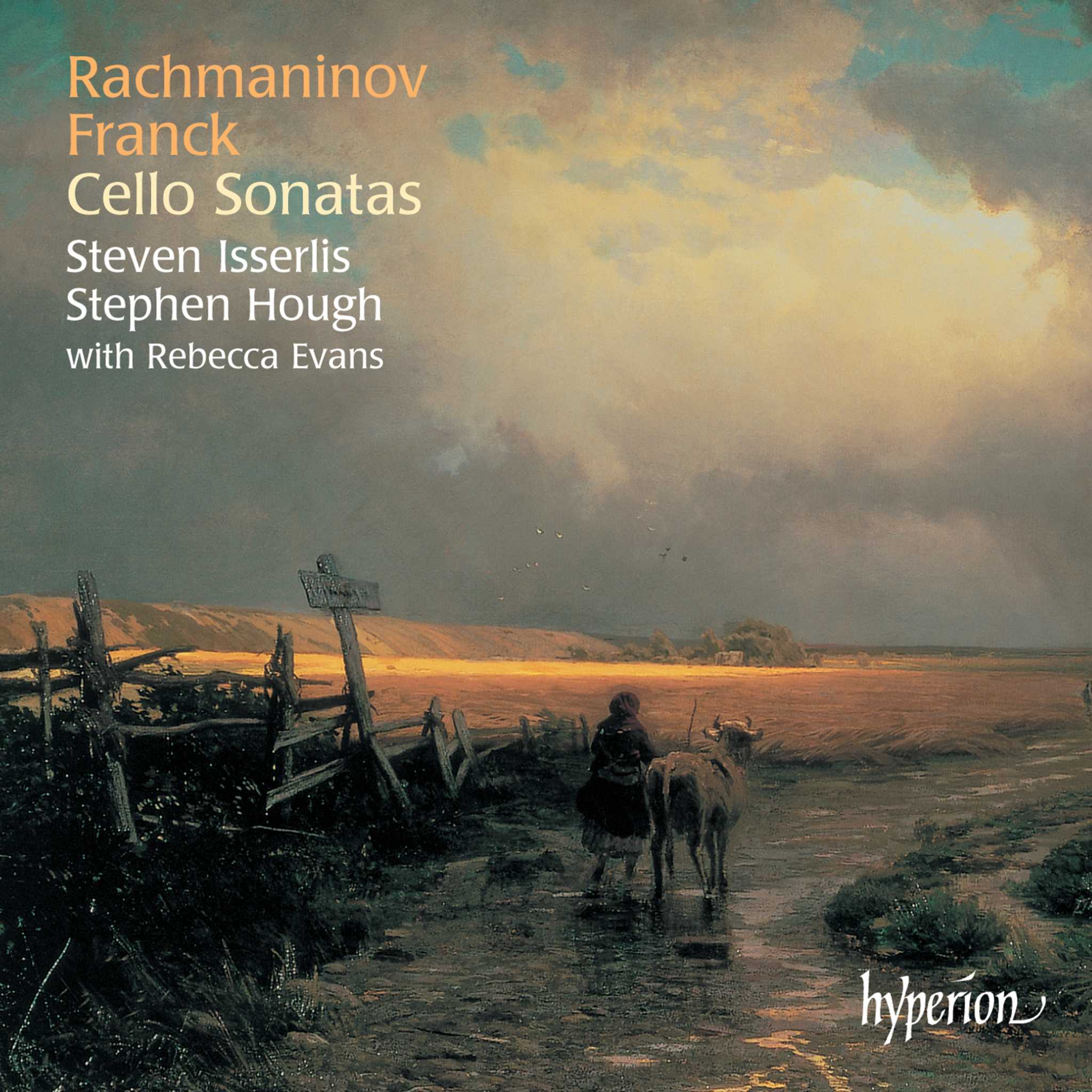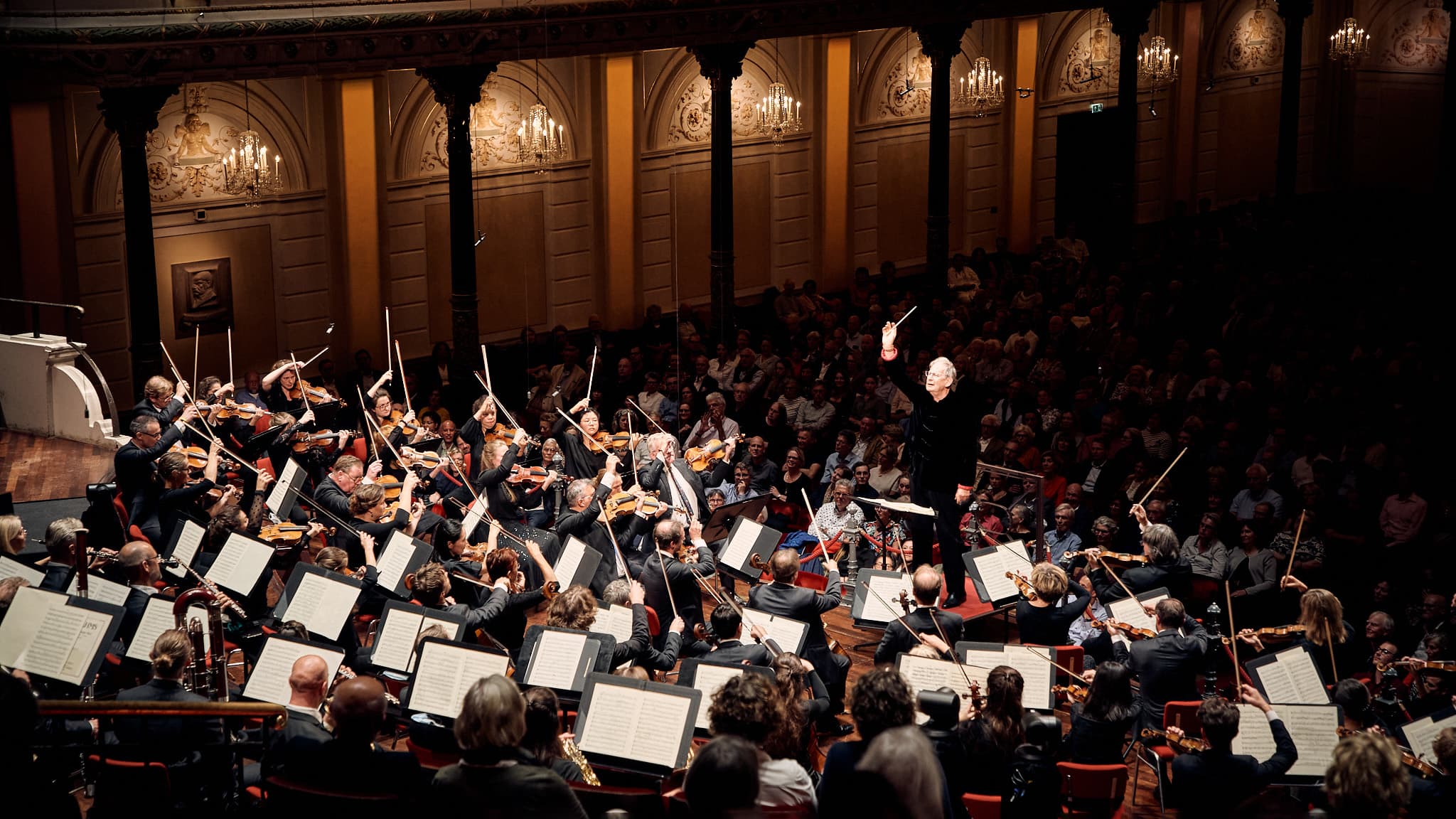The Années de pèlerinage (Pilgrimage Years) is a collection of 26 character pieces for solo piano, composed by Franz Liszt in three volumes. They form, in a sense, a compendium of the pianist's musical Romanticism. The musical range extends from virtuosic fireworks to introspective Romantic poetry. More clearly than many of Liszt's other compositions, they demonstrate how the composer found his musical voice under the influence of his travels.
The title refers to Goethe's famous Bildungsroman, Wilhelm Meister's Apprenticeship. Much like Wilhelm Meister develops his character through travel, Liszt used his travel experiences as inspiration for new compositions. In his works, he repeatedly quotes Byron's Childe Harold's Pilgrimage and also draws on other authors of the traditional and Romantic periods, such as Dante, Petrarch, Schiller, and Senancour.
These pieces demonstrate how the composer found his musical voice under the influence of his travels. The three volumes of Années de pèlerinage are among the core works of Liszt's piano compositions. In the first volume, "Suisse," the composer incorporated impressions from an extended stay in Switzerland in 1835/36. The pieces, most of which were published in 1840/41, were later significantly revised by Liszt, and the collection was expanded by two pieces until it reached its final form in 1855.
The third volume, composed considerably later than the first two, is particularly interesting. In it, Liszt's virtuosity increasingly recedes into the background in favor of more independent musical ideas and harmonic experimentation. This volume, in particular, allows us to trace the development of Liszt's late style.
Much of the Années de pèlerinage is derived from Liszt's earlier work, "Album d'un voyageur," his first major published piano cycle, composed between 1835 and 1838 and published in 1842. The Années de pèlerinage are generally considered a masterpiece and a summary of Liszt's musical style.













